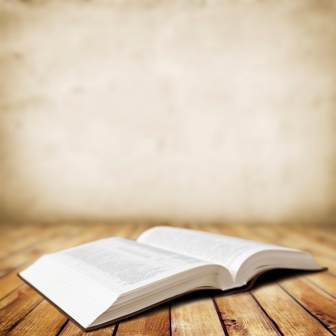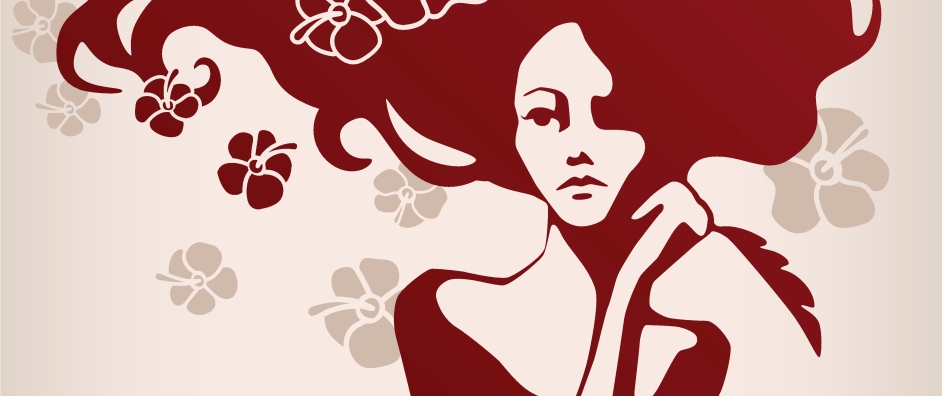The views expressed in our content reflect individual perspectives and do not represent the authoritative views of the Baha'i Faith.
Art initially opened me up to the Baha’i Faith. Specifically, the Baha’i writings — the beautiful, powerful words themselves, the prayers, the poetry of struggle and beseeching and terror and healing and gratitude and praise.
I found art in the ability of the Baha’i writings to question, refresh and surprise.
This isn’t to say that I didn’t read other holy writings, because I did. I always found the Bible very beautiful and the writings of the Koran and the Bhagavad Gita and the Tibetan Book of the Dead. I loved them all, but there was always so much writing about those writings that seemed to weigh it down, so much baggage about how to read it and live it and what it meant and which sect to choose or what charismatic leader to follow, that I almost couldn’t access the writing itself.
 Several years ago, when I was in graduate school, we read the Book of Revelation. We read the words as literature instead of scripture or history and I couldn’t believe how strange it was, reading and studying the actual writing of the Holy Bible, with its figurative language, the symbols and metaphors, the elliptical repetitions. My experience up to that point had almost all been through sermons and secondary sources, advising me of the way I should be reading it, so I was amazed.
Several years ago, when I was in graduate school, we read the Book of Revelation. We read the words as literature instead of scripture or history and I couldn’t believe how strange it was, reading and studying the actual writing of the Holy Bible, with its figurative language, the symbols and metaphors, the elliptical repetitions. My experience up to that point had almost all been through sermons and secondary sources, advising me of the way I should be reading it, so I was amazed.
For me, one of the key strengths of the Baha’i Faith is that the writing is the writing is the writing. There is no re-interpretation of the Baha’i Writings that functions in lieu of, or stands above the actual writing itself. We have the actual poetry and prose and revelation of Baha’u’llah, the Prophet and Founder of the Baha’i Faith, so the writing hasn’t been filtered through multiple people or interpretations. Anyone can read those Writings for themselves. Plus, there is no clergy in the Baha’i Faith. The writings of the Faith stand alone for each individual to comprehend and understand on their own terms. In the Faith, it’s called “the independent investigation of truth.”
There is an epigraph in Baha’u’llah’s book The Hidden Words that sums it up for me. When God, the author of the universe, speaks to humanity through Baha’u’llah, His manifestation and living amanuensis, He says:
O Son of Being: Love Me that I may love thee. If thou lovest Me not, My love can in no wise reach thee. – The Hidden Words, p. 4.
And that was so simple and so heartbreaking for me. Love me so that I can love you. Let me love you. Allow me to love you. How many times have I not allowed myself to be loved in my life? How many times have I refused comfort when it was genuinely offered? And it was not the offerer of love who was unavailable — it was me, choosing to turn my back. What would happen if this time, I didn’t?
















Comments
Sign in or create an account
Continue with Googleor